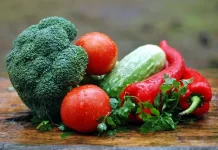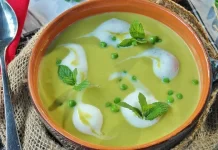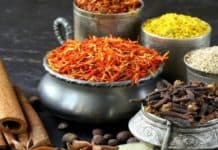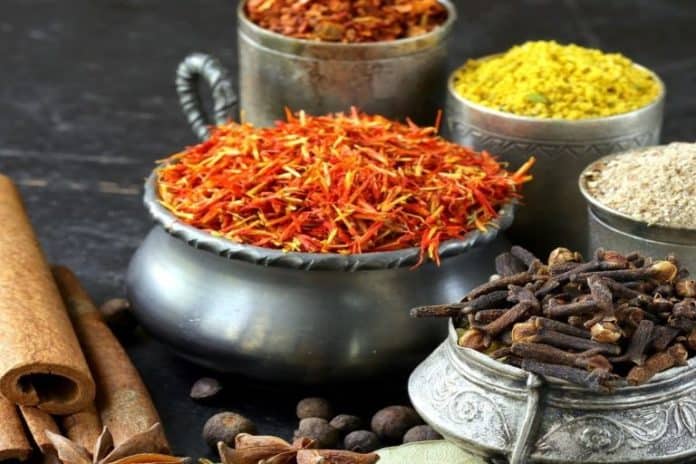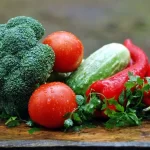Longevity spices for health flavors have been around for centuries! Most of the fragrances that we know and use today come from the Middle East, Asia, and the Mediterranean. (1) Aromas have been used in these areas for both health and culinary purposes since long before our era. (2)
Fragrances were highly revered when they were first found; outdated social orders realized that there was something special about fragrances sometime before any research was done.
Taking into account modern science, there is strong evidence that fragrances do contain enhancers that are useful for well-being. Keep studying to discover some of the benefits of flavors in food!
What are spices?
“aromatic vegetable substances, in the whole, broken, or ground form, whose significant function in food is seasoning rather than nutrition.”
Basically, flavors are the dried pieces of plants that are utilized in little amounts to season food. Flavors come from various plant parts: roots (ginger, turmeric), rhizomes, stems, leaves, bark (cinnamon), blossoms (saffron), natural products/berries (dark pepper, bean stew powder), and seeds (cumin, nutmeg). (3, 4) A wide assortment of flavors gives a wide scope of flavors!
The colder weather is beckoning us back to our kitchens. Break out the spices to bring warmth, robust flavor, and a bounty of health benefits, including higher energy, increased immunity, and other life-enhancing surprises.
Considered to be dried seeds, fruit, roots, or bark, spices have been valued for centuries by ancient cultures for their culinary and medicinal properties. For instance, a traditional Indian beauty trick was to spread turmeric paste on the skin to beautify it and prevent pimples. And Chinese doctors have used ginger since ancient times to cure aches and pains.
Here are some spices that you can start cooking with right away to elevate your longevity and health!
Spotlight on cinnamon
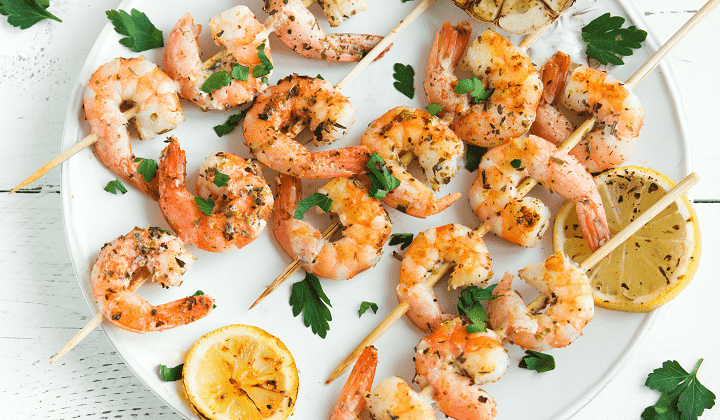
Another ancient spice to recently come under scientific investigation is cinnamon. In the United States, cinnamon is usually thought of as the delicious spice in apple pie filling, but in other parts of the world, especially India and Asia, cinnamon has been used as a healing herb for centuries.
Research is finally catching up to the wisdom of the East; many clinical studies have linked cinnamon consumption to lowered blood sugar. Both in vitro and human studies show improvement in insulin sensitivity with cinnamon polyphenols, as well as improvement in total and LDL cholesterol.
Cinnamon is also thought to detoxify the system and stimulate brain function. Its antiseptic properties give it the ability to fight bladder infection, and if taken in the first 48 hours, a cup of strong cinnamon tea might just nip a bladder infection in the bud. Keep in mind that mixed study results make it difficult to prove these benefits on paper — but it doesn’t hurt to sprinkle a teaspoon into your next bowl of oatmeal.
Spotlight on cinnamon
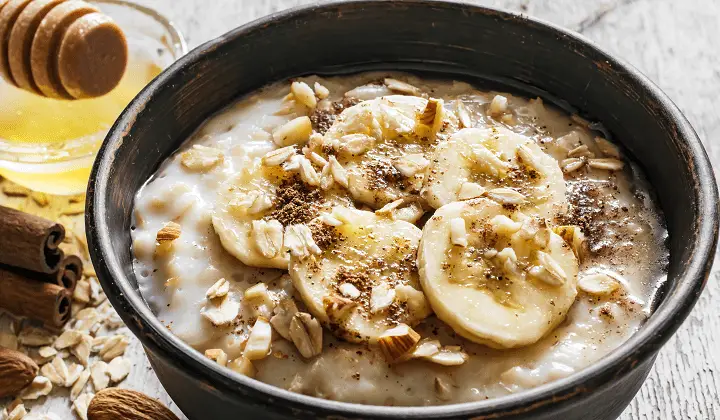
Another ancient spice to recently come under scientific investigation is cinnamon. In the United States, cinnamon is usually thought of as the delicious spice in apple pie filling, but in other parts of the world, especially India and Asia, cinnamon has been used as a healing herb for centuries.
Research is finally catching up to the wisdom of the East; many clinical studies have linked cinnamon consumption to lowered blood sugar. Both in vitro and human studies show improvement in insulin sensitivity with cinnamon polyphenols, as well as improvement in total and LDL cholesterol.
Cinnamon is also thought to detoxify the system and stimulate brain function. Its antiseptic properties give it the ability to fight bladder infection, and if taken in the first 48 hours, a cup of strong cinnamon tea might just nip a bladder infection in the bud. Keep in mind that mixed study results make it difficult to prove these benefits on paper — but it doesn’t hurt to sprinkle a teaspoon into your next bowl of oatmeal.
Curry for joint health
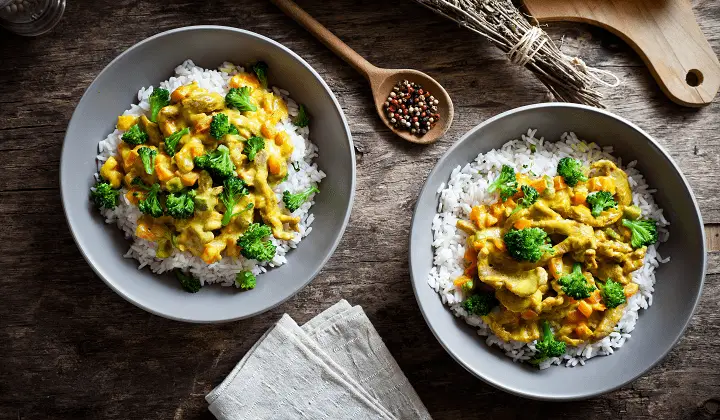
Are your aching joints not jumping for joy in these autumn days? Try sprinkling some curry on your veggie omelet. Curry, a staple spice combo in Southeast Asian cuisine, contains turmeric, the yellow spice that gives curry its distinctive color. The active component in turmeric is called curcumin.
If you are a fan of curry, you will be happy to know that this substance is associated with anti-inflammatory, antioxidant, anti-tumor, and anti-amyloid properties; amyloids are plaque-like proteins that build up in brain tissue and are responsible for diseases like Alzheimer’s and rheumatoid arthritis. In one randomized control study, 107 patients with knee osteoarthritis received either 800 mg per day of ibuprofen or 2 grams per day of Curcuma domestica extract. Both groups showed improvement in pain on level walking and climbing stairs.
Star Anise aids digestion
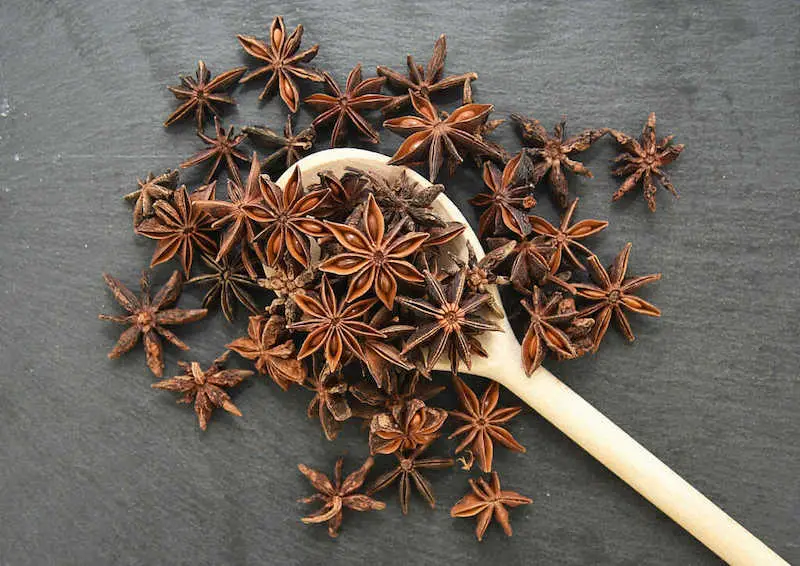
As the name suggests, star anise is indeed star-shaped. Though it is not actually related to anise, star anise shares a similar licorice flavor, due to its content of anethole. Used to bring out the flavor in slow-cooked meat dishes and long-simmered soups, this spice frequently makes an appearance in Indian cuisine and is an ingredient of the traditional five-spice powder of Chinese cooking. Star anise has been used in tea to remedy rheumatism, and the seeds are sometimes chewed after meals to aid digestion.
Special combinations of spices and herbs can bring you a powerful immune zoom; one that includes star anise in the mix is the 5 Elements of Health, which promotes a strong immune function and balances the energies of your whole body.
Cardamom improves energy
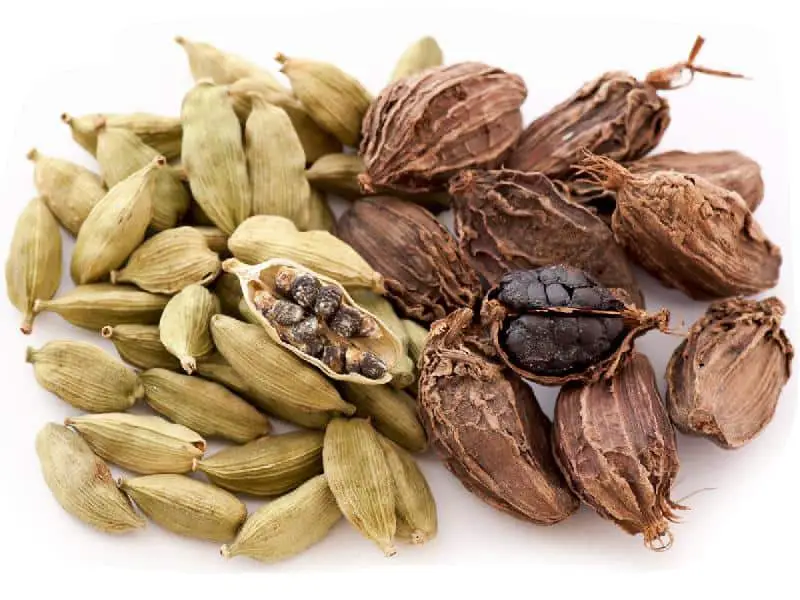
Found in curries, rice dishes, herbal teas, and loaves of bread, cardamom is the spice that gives chai tea its main flavor. In Asia, cardamom has long been valued medicinally for its ability to increase circulation and improve energy. Considered an aphrodisiac in the Middle East, cardamom may also improve digestion, asthma, bronchitis, halitosis, and even help improve a bad mood.
Clove curbs cramping
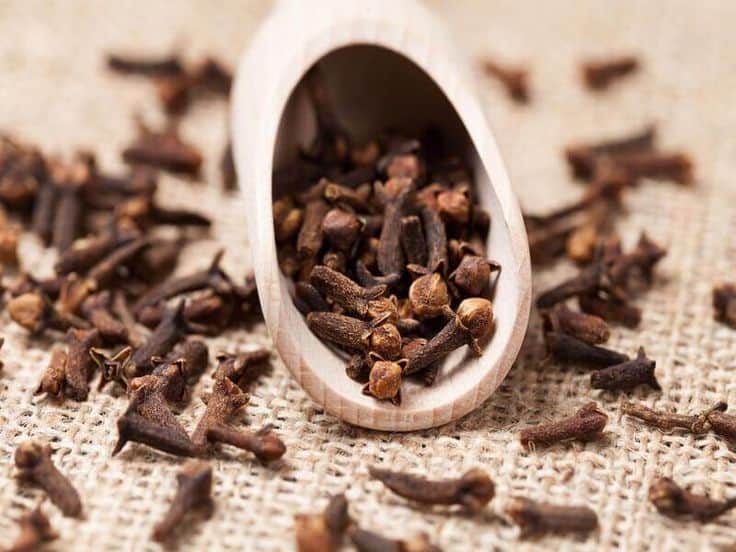
A delicious addition to cooked fruit, roasts, sweet vegetable dishes, and teas, clove has been used since ancient times in India to improve digestive function. You may chew on some to alleviate toothaches, sore throats, diarrhea, and stomach cramps.
Cumin boosts immunity
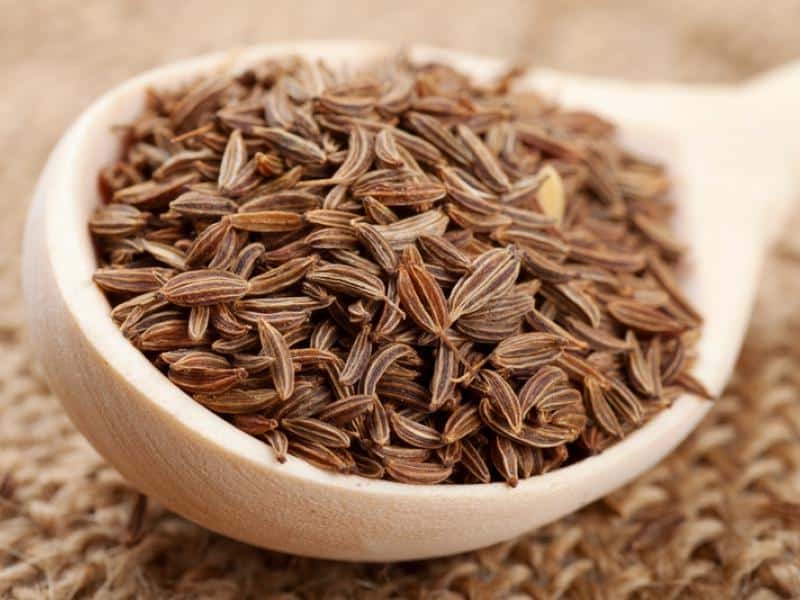
Excellent addition to meat curries, stews, vegetables, seafood, and sauces, cumin is thought to boost the immune system and also to improve liver function, reduce flatulence, and aid in digestion.
Fennel Seed soothes your intestines
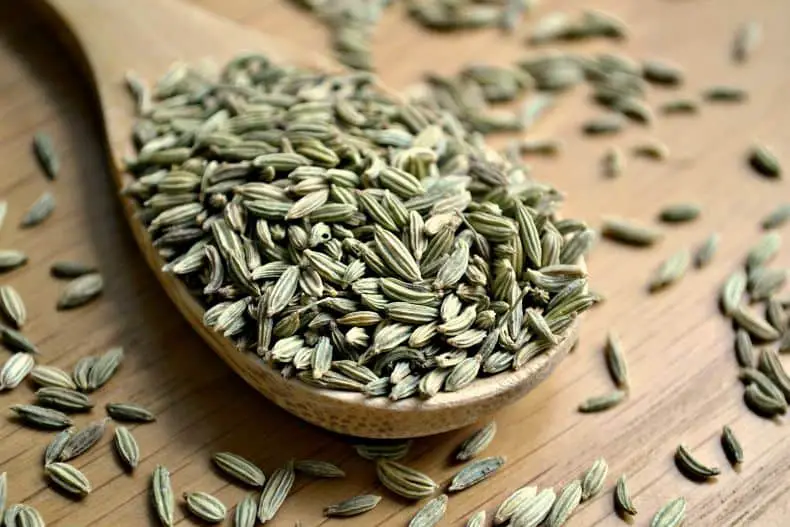
Often used to spice up recipes with meat, beans, or legumes, fennel helps digestion in two ways: It stimulates the production of gastric juices and also soothes the nervous system.
Energy and longevity spices for health
Regardless of whether you use flavors new or dried, you’ll in any case get useful mixtures. Specialists call attention to that browning or barbecuing can diminish flavors’ cancer prevention agents while microwave cooking, stewing, or stewing food varieties with flavors can really elevate their cell reinforcement levels.
Assuming you’re enticed to take enhancements to expand your portion of these useful mixtures, it’s vital to take note that business supplements aren’t totally managed, and that implies you can’t be sure what the pills really contain. Certain outsider associations do testing to check the quality and substance of enhancements. On the off chance that you’re pondering taking an enhancement, converse with your primary care physician or dietitian regarding what structure and some are appropriate for you.
Regardless of the other health benefits, spices add flavor to food can make healthy meals delicious, and are a healthy way to get you out of an eating rut. Enjoying your food is key to maintaining healthy habits for the long term. Be sure to talk to your doctor or a dietitian before changing your diet.






